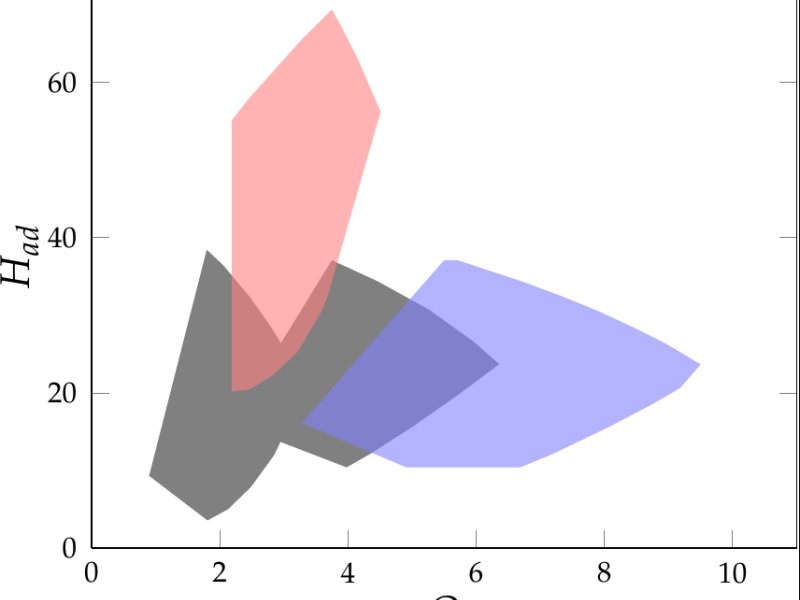The transition towards a more reliable, efficient, safe and financeable energy supply is currently in the midst of public interest in Germany as well as in many other industrial nations. At the same time and in order to reduce the dependency on nuclear energy, climate- and eco-friendly energy generation becomes more and more important. In this context, gas will play a significant role over the coming decades. However, there are many challenges with respect to transport, network technology, market regulatory conditions and the combination with other energy sources that need to be addressed. The SFB/TRR 154 project is trying to find answers to these challenges by means of mathematical modelling, simulation and optimization and to provide new-level solutions. The goal of subproject A04 is to develop algorithmic fundamentals for the efficient treatment of switching decisions in gas networks. In particular, this involves the modelling and algorithmics of the switching operations in compressor stations, since these pose a significant source of modelling and runtime complexity. The set of feasible work points of a compressor station in general is non-convex, in some circumstances even non-connected, but can be well approximated by the union of convex polyhedra. Hence, the treatment of such structures in MIPs and MINLPs will be the main focus of research in this subproject. While being motivated by the optimization of gas networks, the methods to be developed will be relevant in a much broader field of vision. Known techniques for modelling unions of polyhedra as the feasible set of a MIP rely on the description of the single polyhedra using inequalities. In contrast to this, another approach adapted to the geometric properties of the overall set can be considered. More precisely, the goal is to find and analyze a hierarchical description of a non-convex set that provides an as good as possible polyhedral relaxation on each level. This hierarchy can then be used in the branch-and-bound procedure for solving MINLPs together with suitable branching decisions. In the long term, this subproject of SFB/TRR 154 is aiming at the development of real-time capable methods for combinatorial decisions. Furthermore, since the transient control of gas networks requires the successive solving of many similar MIPs/MINLPs, reoptimization techniques come into view that use known information from previous optimization problems in order to reduce running time. For these, a detailed analysis of the problem structure and a deeper understanding of the complex MIP/MINLP solving process will be an essential topic of research.
